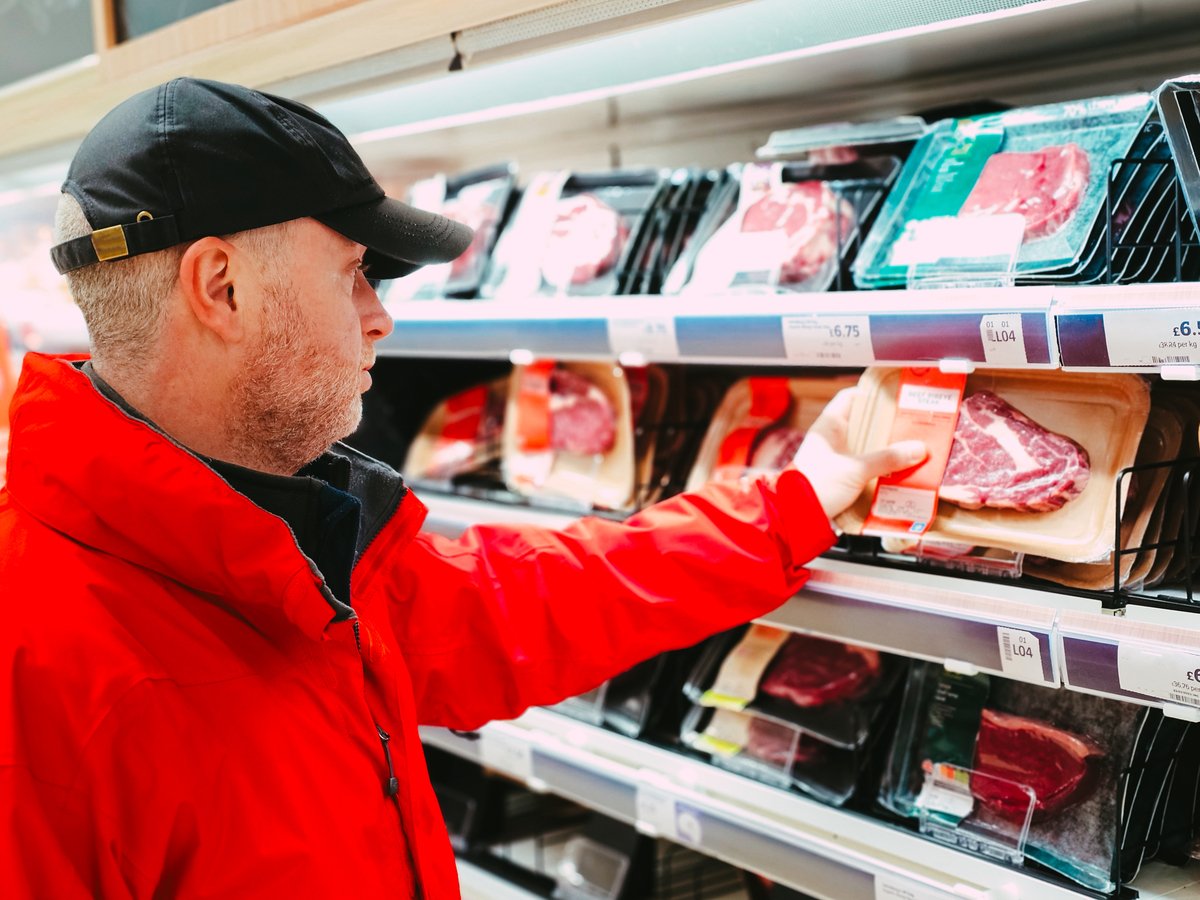When Beyond Meat (BYND 2.29%) debuted as a publicly traded company in May 2019, it was the toast of Wall Street. The first few months of trading were nothing short of a feeding frenzy, with the stock hitting an all-time high of $239.71 in July 2019. After taking investors on a roller-coaster ride for the next year-and-a-half, the stock began a steady descent into penny stock status, where it's been residing throughout 2025.
What happened to the company that was -- and still is -- on a mission to nourish humanity with plant-based proteins while saving the planet?
When the IPO buzz faded, the promise of a vegan utopia gave way to a sobering reality: Many consumers simply don't like the taste of plant-based meat, and in a time of persistent inflation, they're not willing to pay a premium price for meatless alternatives. That leaves Beyond Meat in a tough spot, with steadily declining sales, persistent losses, and a mountain of debt -- hence the stock's current price of $1.59 (as of this writing).

Image source: Getty Images.
Are you a Beyond Meat bagholder?
If you were able to snag Beyond Meat shares on the day of its IPO at the opening price of $46 on May 2, 2019, you probably felt like you'd hit the lottery. Swing traders would've had numerous opportunities to double, triple, or even 5x their money in the weeks and months that followed.
On the other hand, long-term investors who held on for dear life would've watched their $10,000 dwindle to around $241, as of the closing price on Oct. 30. In the parlance of Reddit forums and Discord groups, those investors are "bagholders" (investors who are left holding the proverbial bag).

NASDAQ: BYND
Key Data Points
A more likely scenario for shareholders from the start is that Beyond Meat hit a stop-loss point months ago. With the share prices making daily jumps up and down by 10% and more every day, Beyond Meat stock has become a purely speculative turnaround play.





